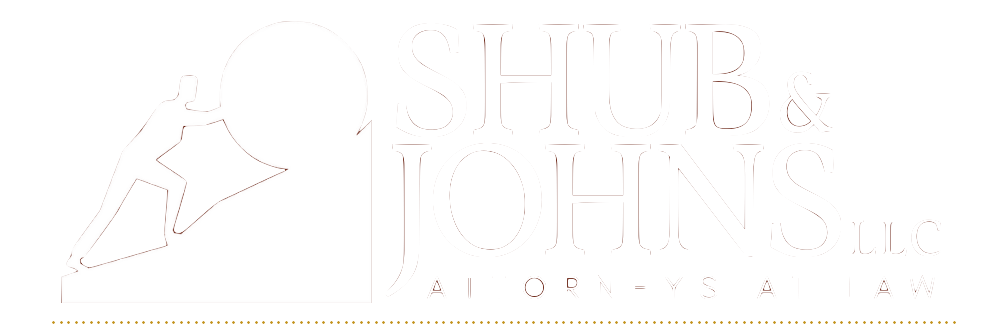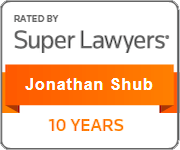
The City of Philadelphia recently enacted a new law that protects workers in Philadelphia from COVID-related workplace safety issues. The Essential Workers Protection Act, also known as the “Employee Protections in Connection with COIV-19 Emergency Health Order”, is believed to be the first COVID-19 related protection act successfully passed in the United States. The Act makes it illegal for employers to fire or otherwise retaliate against employees who speak out against unsafe health conditions amid the COVID-19 pandemic. The Act also requires employers to comply with all applicable requirements of COVID-19 public health orders issued by Philadelphia’s Department of Public Health or the Pennsylvania Department of Health.
Additionally, the Act prohibits employers from taking any adverse action against an employee who, in good faith, discloses or demonstrates an intention to disclose the employer’s perceived violation of a local or state COVID-19 public health order that may significantly threaten the health or safety of employees or the public.
The Essential Workers Protection Act specifically prohibits adverse employment action (such as termination, refusal to employ, reduced pay, or adverse change in working hours) against an employee who:
- Refuses to work in unsafe conditions if the employee reasonably believes that the employer is violating a local or state COVID-19 public health order
- Communicates to the employer that it is operating unsafely
CONTACT US
If you believe that an employer has wrongfully treated because you have spoken out against Covid-19 issues at your job, please contact us at 856-772-7200 or email us at leads@shublawyers.com for a no-fee consultation.
Please note – employees must formally file a complaint with the City’s Department of Labor and obtain a “determination of reasonable cause to go forward” before taking legal action.


